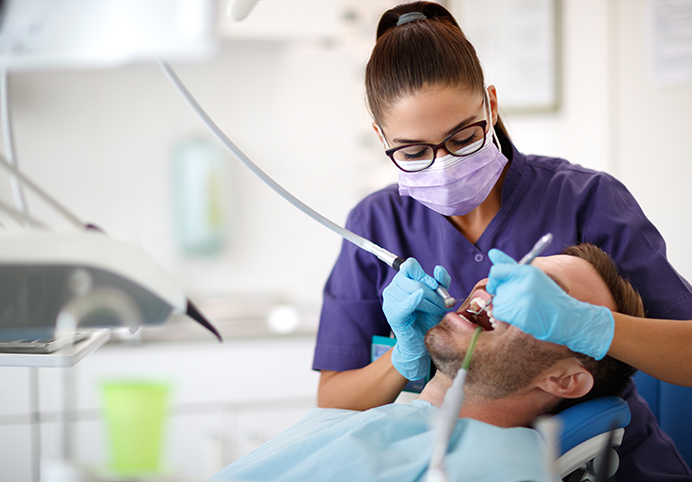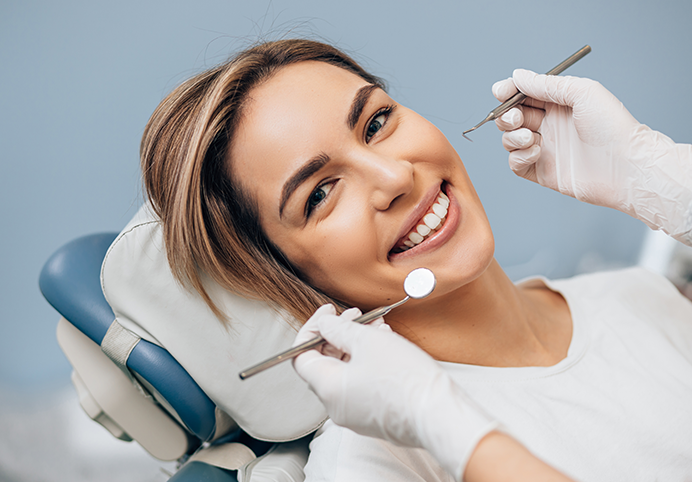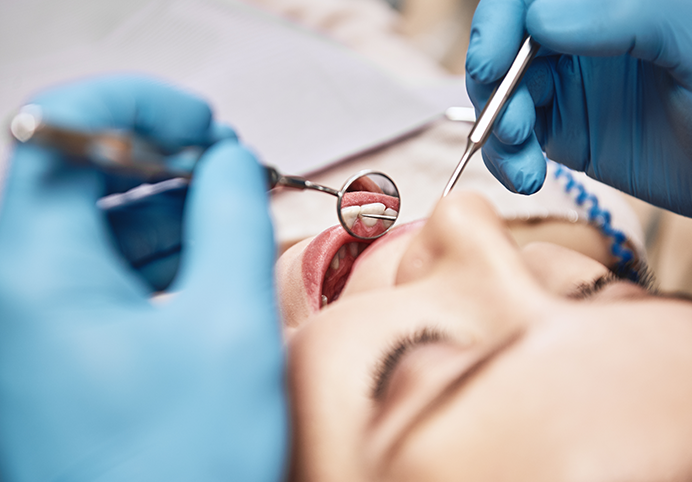Oral cancer is the broad term for the cancers that affect the oral cavity. It includes cancer of the gums, inner cheek linings, under the tongue, roof of the mouth, lips, and tongue. Oral cancer falls under head and neck cancer, making their treatments similar.

The symptoms of oral cancer include:

Oral cancer is due to cellular DNA mutation on the lips or in the mouth. Your cellular DNA contains information instructing your cells on how they should function. When these mutations occur, the information in the cell changes the information in the cell, instructing the cells to keep dividing and growing when healthy cells die.
The accumulated abnormal cancer cells form a tumour, and after some time, the cells spread to other areas of the neck, head and mouth, including other parts of the body.
Oral cancers often start in the squamous cells (flat, thin cells) lining the lips and mouth, which makes oral cancers squamous cell carcinomas. The cause of mutations in the squamous cells that results in oral cancer remains unclear, but medical professionals have identified factors that increase your risk of developing oral cancer.

The mode of prevention for oral cancer isn’t certain, but the following may reduce your risk of oral cancer.
Consider stopping tobacco use if you use it. Using tobacco, whether chewing or smoking it, exposes your mouth to cancer-causing chemicals.
Excess alcohol consumption irritates cells in the mouth, making the cells more prone to oral cancer. If you take alcohol, ensure it is in moderate amounts. Healthy women across all ages and men over 65 can take a drink in one day, while men below 65 can have two drinks a day.
Whenever possible, stay in shades, or wear a broad-brimmed hat covering your face, including your mouth, to protect your lips from direct sunlight. Using a sunscreen lip product in your sun protection routine will also help reduce the impact of sunlight on your lips.

When you visit the dentist for your regular dental check-up, they will inspect your mouth, checking for signs of oral cancer.
If your symptoms are persistent and give you concern, ensure you visit the dentist. Your dental professional will examine your mouth and perform some investigations checking for the common causes of the symptom you experience.
If you notice abnormal changes in your mouth, visit Thousand Smiles today to have our dentist perform an examination and diagnose the cause of the changes. You can also contact us at 020 8050 0280 or [email protected] to schedule an appointment with our dentist.